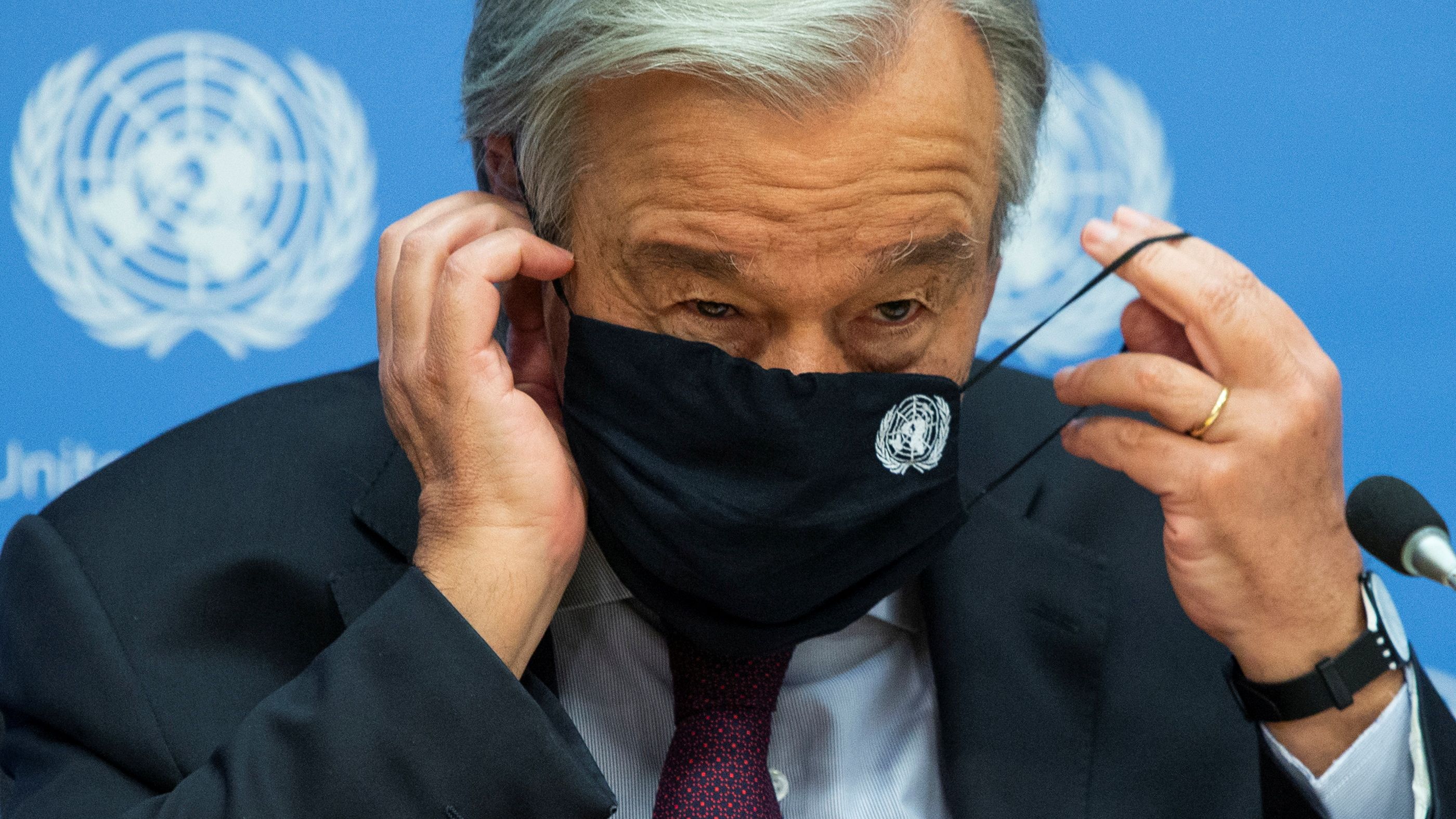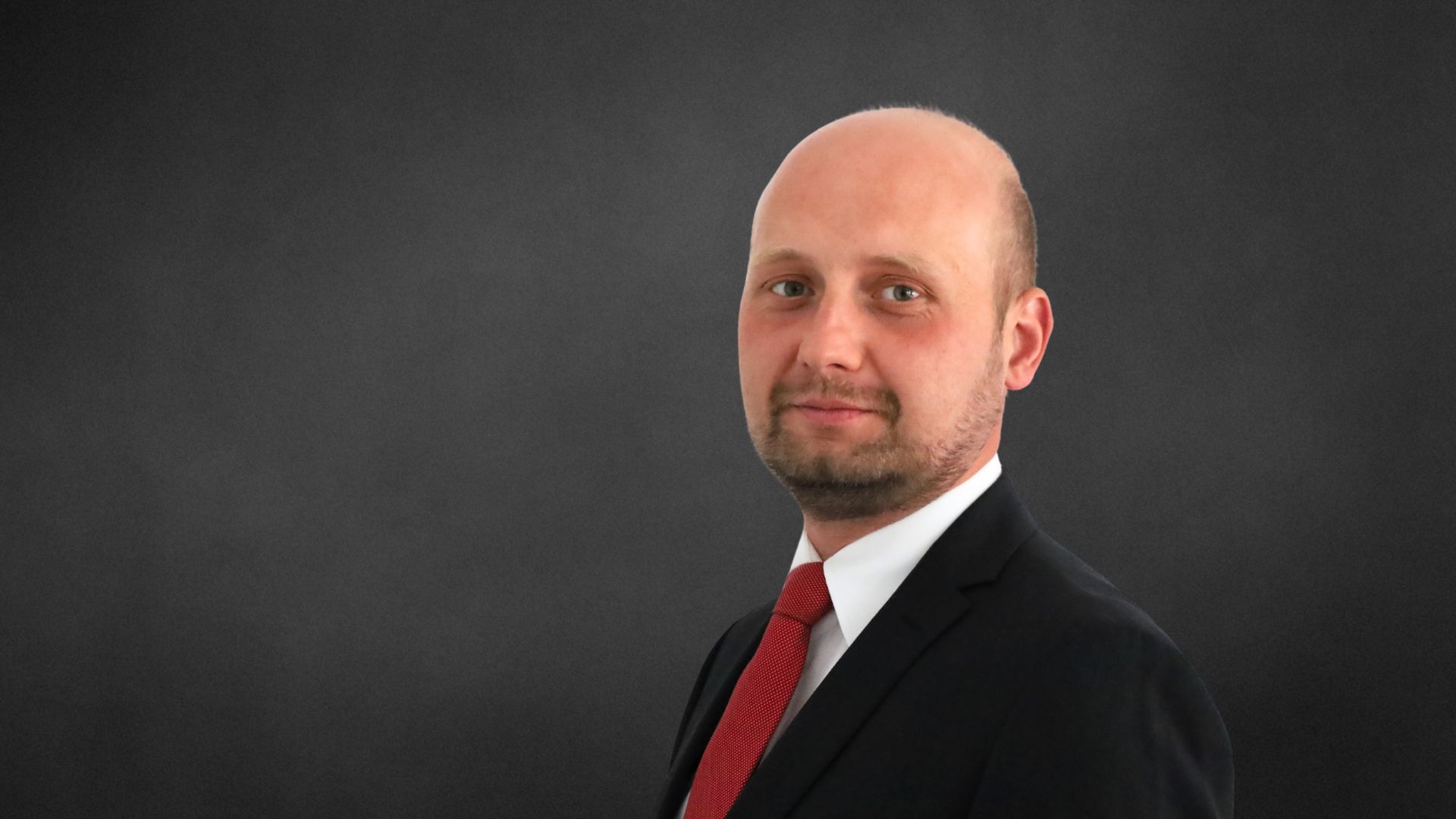UN Reform According to Secretary-General Guterres: Status and Prospects

The United Nations celebrated its 75th anniversary in October this year. This prompted some countries to again raise their demands for the organisation’s reform, including the G4 group (Brazil, India, Japan, Germany), which resumed the debate on expanding the composition of the Security Council (UNSC). However, since Guterres was appointed Secretary-General (UNSG) in 2017, the organisation has been undergoing a reform process. Although much more modest in scope, it offers real hope for improvement of the functioning of the UN given the low chances of radical transformation (like changing the composition of the UNSC) because of threats of a veto by permanent members of the Council.
Reform Assumptions
The proposed changes were included in several reports presented by the UNSG to the General Assembly (UNGA) in 2017–2018. In them, Guterres recognises that it is necessary to reorganise the UN Secretariat and decentralise it to improve the efficiency of the implementation of activities and management of resources. His plan focuses on three pillars: management, development system, and peace and security.
In the area of management, the UNSG sought to change the organisation’s budgeting rules and create two departments within the Secretariat, one dealing with policy, budget management, and supervision, and the other with operational support. In addition, the Secretary-General proposed actions to improve career opportunities and gender parity in UN service, and to eliminate sexual abuse.
As to the development system pillar, the UNSG announced the strengthening of what are called Resident Coordinators, the heads of UN country teams in the field. He proposed to de-link them institutionally from the UN Development Program (UNDP) and entrust them with the coordination of activities of all UN agencies in a given country. This is intended to improve the country teams’ efficiency and reduce the waste of funds. He also suggested extending the powers of UN regional offices at the expense of the headquarters. In addition, he spoke in favour of states increasing expenditures on UN core activities and doubling contributions to UN programmes in exchange for improving the transparency and efficiency of their spending (the “Funding Compact”).
In the area of peace and security, the UNSG proposed replacing several units with two departments of the UN Secretariat—one for political affairs and peace-building and the second for peacekeeping operations—as well as a body to coordinate activities that would include the heads of both departments and the Secretary-General. Guterres also announced the establishment of a single operational structure under the Assistant Secretaries-General that would have regional responsibilities.
Where Guterres’ Reforms Stand
With four out Guterres’ five-year term elapsed, it can be said that his proposals have been partially implemented, due to the moderate support of the UNGA, which must approve them.
The UNSG has made good progress in reorganising the Secretariat in each of the three areas, as well as in efforts to achieve gender parity. The two departments responsible for peace and security, restructured in 2019, deal with diplomatic prevention of crises and resolution of conflicts, as well as electoral assistance (Department of Political Affairs and Peacebuilding), and the planning, management and direction of peacekeeping missions (Department of Peacekeeping Operations), respectively. As announced by Guterres, the Standing Principals Group, composed of the heads of the two departments and the UNSG, was established to coordinate the activities of the units, as well as the eight regional divisions supporting them (e.g., Middle East, West Africa), under Assistant Secretaries-General. These solutions provide an opportunity for the UN to efficiently manage the transition from peace-making to peace-building. On the other hand, the creation of two departments responsible for management of these areas—the Department of Management, Strategy, Policy and Compliance and the Department of Operational Support—eliminated overlaps in the competences of the units they replaced. This has also simplified the decision-making structure with the heads of both departments directly accountable to the UNSG, which has had a positive impact on the improvement of supply-chain management and IT services. In terms of efforts to achieve gender parity, as a result of Guterres’ 2018 appointments, women comprise half of the top management positions and a majority of entry-level positions, but still are a minority in middle-management roles as a result of many years of disproportionate hiring. Nevertheless, on the scale of the entire organisation, parity was achieved almost perfectly. Following the tightening of procedures for combating sexual abuse in the organisation in 2018 (through a “zero-tolerance” campaign), the number of reported cases and initiated proceedings increased. This may result in increased trust of victims in institutions established to consider such cases.
However, not all reforms were completely successful. The approval in December 2017 of the change in the UN budget cycle from two years to one year can be assessed positively, but for the time being it is on a trial basis (2020 to 2022). As to reform of the development aid system, under the influence of the UNGA it took the form of an intermediate solution between the UNSG’s proposals and the previous system. Although Resident Coordinators are no longer linked to UNDP and have gained broad coordination powers, negotiations with countries on increasing the role of regional offices in the decision-making process are still pending. Guterres failed to convince countries to agree to the Funding Compact, which leaves in place the complicated and non-transparent rules for financing the development system, as well as stagnant expenditures on UN programmes and core activities. This lack of reform affects not only the UN development system itself but also the possibility of improving the overall budgetary stability of the organisation, which has been severely affected this year by the suspension of contributions by nearly 70 out of 193 countries due to the adverse economic effects of the COVID-19 pandemic. As a result, at the end of November 2020, the United Nations faced default over payments to staff and vendors. Thanks to contributions from some countries, the crisis was averted, but the situation remains difficult and the UNSG has asked the member countries to work out solutions that would strengthen the financial foundations of the United Nations. There has also been no meaningful improvement in career opportunities because of the contractual nature of the work, which discourages many people from continuing their careers within the organisation.
Conclusions and Perspectives
The UN reform proposed by Guterres must be finished. Most of the proposals were only implemented in 2019, so a thorough assessment of their effects has yet to be seen. This is especially true of the reformed country teams and Resident Coordinator system, as well as the measures to tackle sexual abuse. Nevertheless, some structural changes, such as the restructuring of management or the peace-and-security departments have already brought positive results. Rapid progress is also noted in parity of professional opportunities for women and men.
Considering the decline in activity of the main UN bodies due to the restrictions related to the COVID-19 pandemic, it can be assumed that part of the Guterres reform programme will not be implemented in his first term. However, this should not hurt his chances of re-election next year, as the countries assess his efforts rather positively. Although he has not yet declared whether he will run for the post again, it cannot be ruled out.
Although the implementation of the Funding Compact in its original dimension seems unrealistic due to the ongoing economic crisis, an opportunity could be found for a compromise between the UNSG’s idea and the financial capabilities of the states, for example, through a moderate increase in funds at least for core activities, combined with an increase in pressure from the UN and its paid-up members on states that have yet to make their due contributions. It is in Poland’s interest to ensure that the UN functions well as an important element of the international security system.


